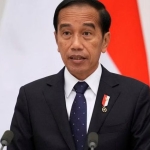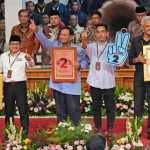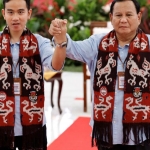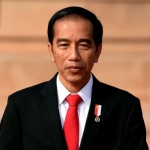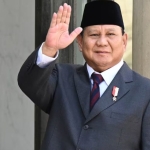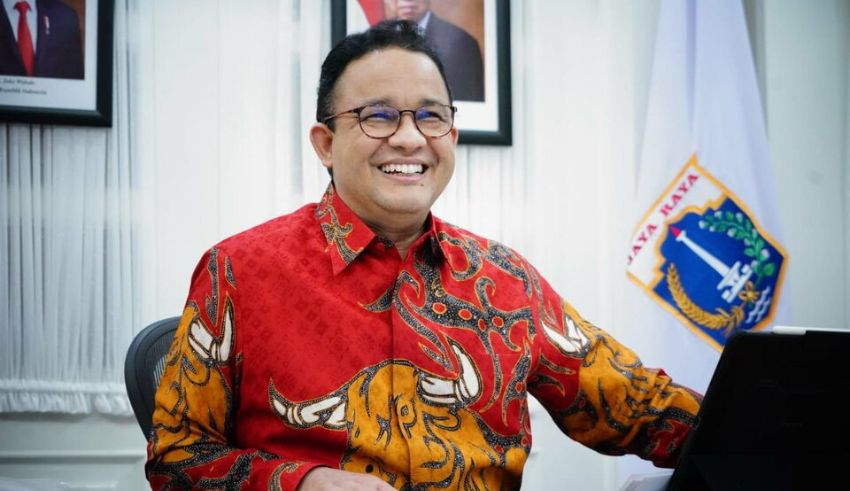
The 2024 presidential election in Indonesia is shaping up to be a tight race between two prominent candidates: Anies Baswedan, the current governor of Jakarta, and Prabowo Subianto, the former defense minister and leader of the opposition party Gerindra. Both candidates have strong support bases and political alliances, but also face significant challenges and controversies.
One of the most contentious issues in the campaign is the role of women in society and politics. Indonesia ranks 85th out of 156 countries in the 2021 Global Gender Gap Report, indicating a wide disparity between men and women in terms of economic participation, educational attainment, health, and political empowerment. Women make up only 20.5% of the parliament and 26.7% of the cabinet, and face various forms of discrimination, violence, and harassment in their daily lives.
Criticism
In a recent interview with a local media outlet, Anies Baswedan criticized Prabowo Subianto’s views on women’s rights and gender equality, calling them “outdated” and “misogynistic”. Baswedan cited several statements made by Subianto in the past that he claimed were demeaning and disrespectful to women, such as:
- “Women are emotional, not rational. They cannot be trusted with important decisions.”
- “Women should stay at home and take care of their husbands and children. They do not need higher education or careers.”
- “Women who wear revealing clothes are inviting rape and harassment. They should dress modestly and cover their heads.”
Baswedan said that these views were not only offensive, but also harmful to the development and progress of Indonesia. He argued that women were equal partners and contributors to the nation, and deserved respect, protection, and empowerment. He also highlighted his own achievements and policies as the governor of Jakarta that aimed to improve the lives and opportunities of women, such as:
- Increasing the budget and programs for women’s health, education, and entrepreneurship.
- Establishing a special unit to handle cases of domestic violence and sexual assault, and providing legal and psychological support to the victims.
- Launching a campaign to raise awareness and prevent sexual harassment in public transportation and workplaces.
- Promoting women’s participation and leadership in local governance and decision-making.
Reaction
Prabowo Subianto responded to Baswedan’s criticism by dismissing it as a “cheap political stunt” and a “distortion of facts”. He denied that he was anti-women or anti-equality, and claimed that he respected and valued women as mothers, sisters, and daughters. He accused Baswedan of being a “hypocrite” and a “liar”, and challenged him to prove his allegations with evidence. He also defended his own record and vision for women, such as:
- Supporting the implementation of Islamic law and values in Indonesia, which he said would protect and honor women’s dignity and rights.
- Advocating for a strong national defense and security, which he said would ensure women’s safety and peace.
- Proposing a family welfare program that would provide financial assistance and incentives to women who choose to stay at home and raise their children.
- Encouraging women to join his party and movement, and promising to appoint more women to key positions if he wins the election.
Keep Reading
Impact
The exchange between Baswedan and Subianto has sparked a heated debate and polarized opinions among the public and the media. Some praised Baswedan for standing up for women and challenging Subianto’s patriarchal and conservative views. Others criticized Baswedan for being opportunistic and divisive, and accused him of exploiting women’s issues for his own political gain. Some applauded Subianto for defending his beliefs and values, and portraying himself as a strong and decisive leader. Others condemned Subianto for being arrogant and insensitive, and questioned his suitability and credibility as a presidential candidate.
The issue of women’s rights and gender equality is likely to remain a hot topic and a key factor in the 2024 presidential election. According to a recent survey by a reputable polling agency, Baswedan and Subianto are neck and neck in the race, with 47.8% and 46.7% of the vote share respectively. The remaining 5.5% of the respondents are undecided or prefer other candidates. The margin of error is 3.1%.
The outcome of the election will depend on how the candidates can appeal to and mobilize their core supporters, as well as attract and persuade the undecided and swing voters. Women voters, who make up 50.4% of the electorate, will play a crucial role in determining the winner. Both candidates will have to address their concerns and aspirations, and offer concrete and credible solutions to the challenges they face. The future of Indonesia’s democracy and development may hinge on the choice of its women.
